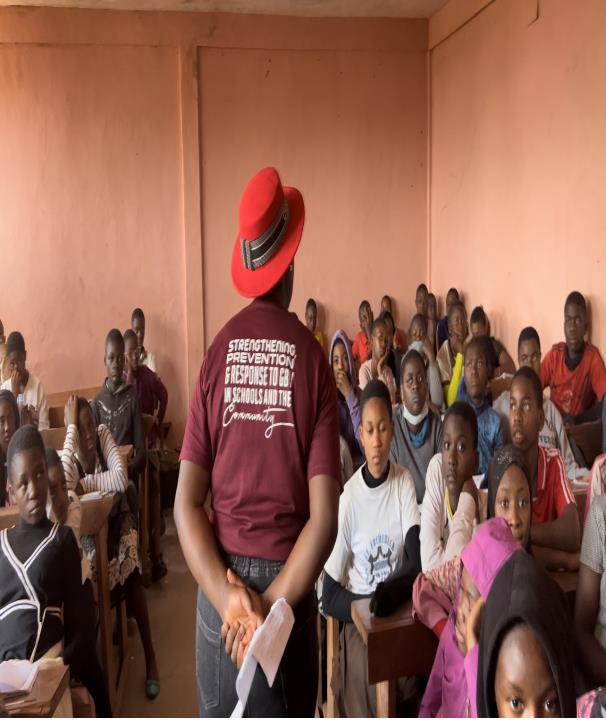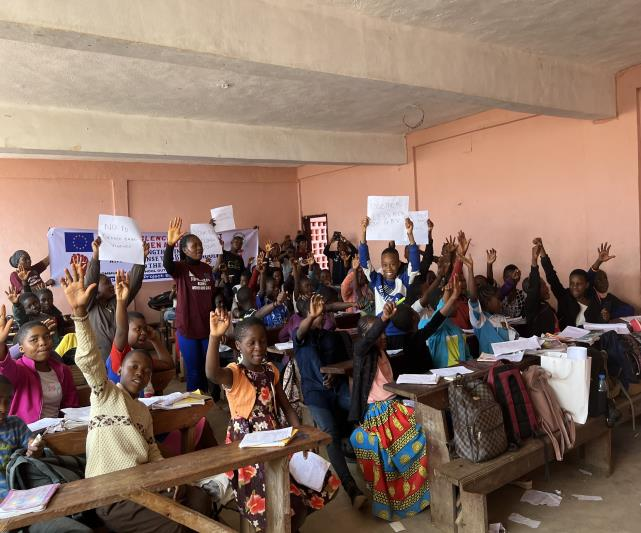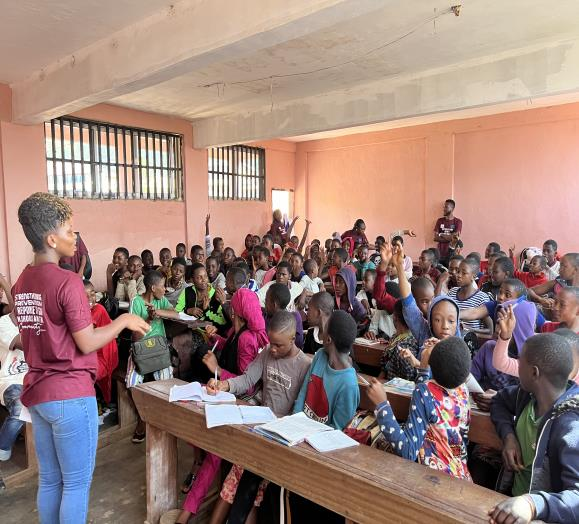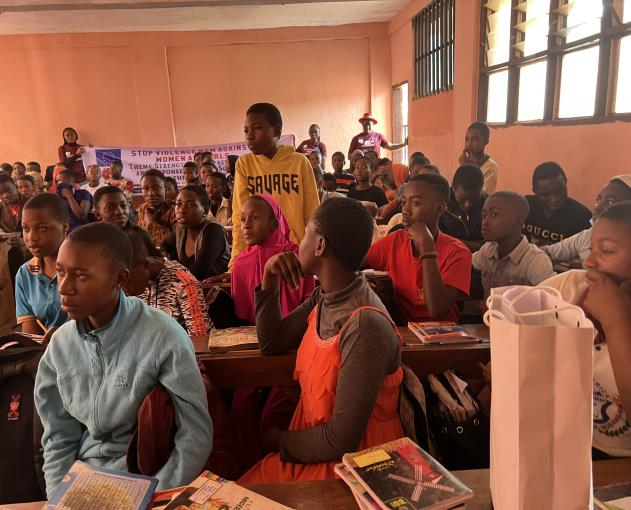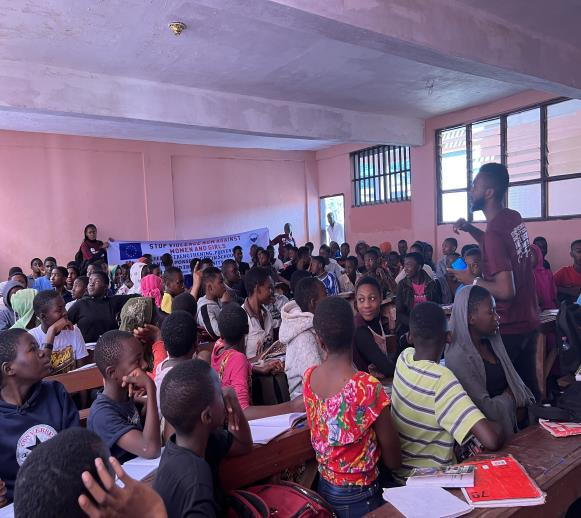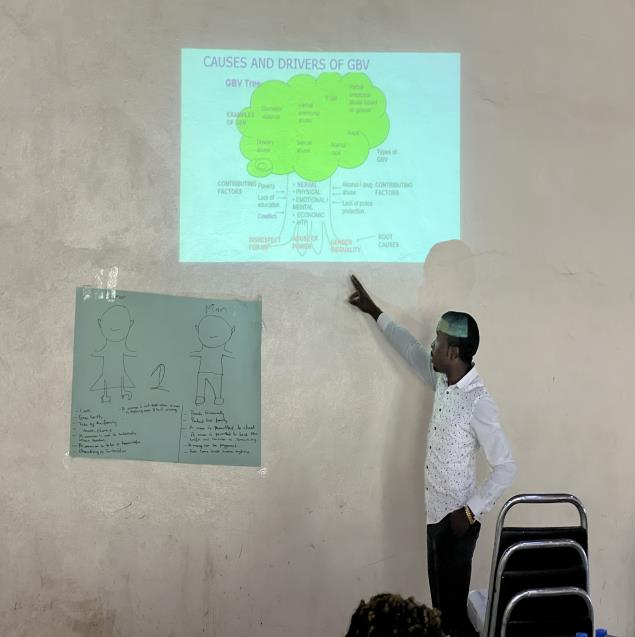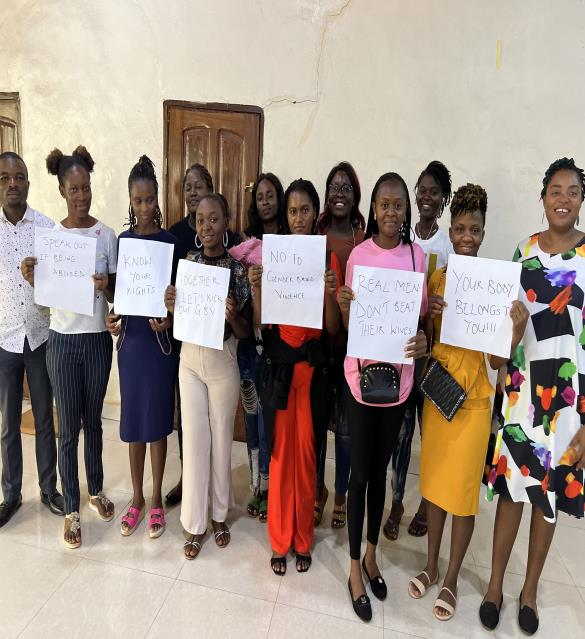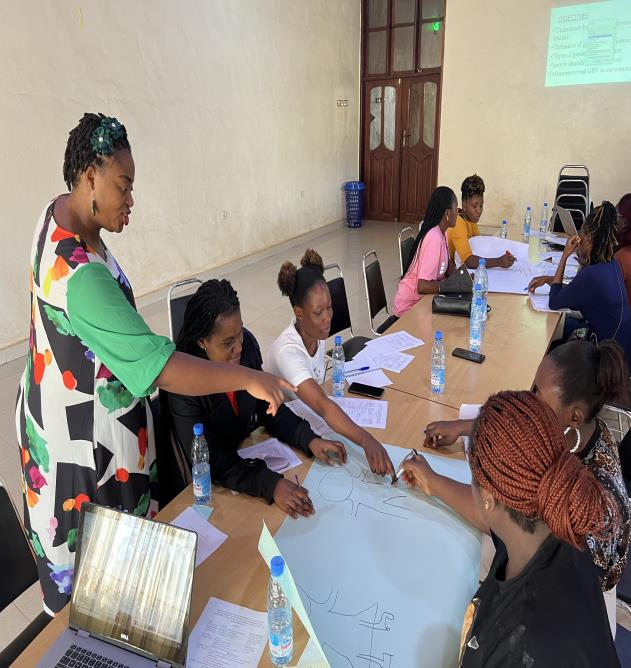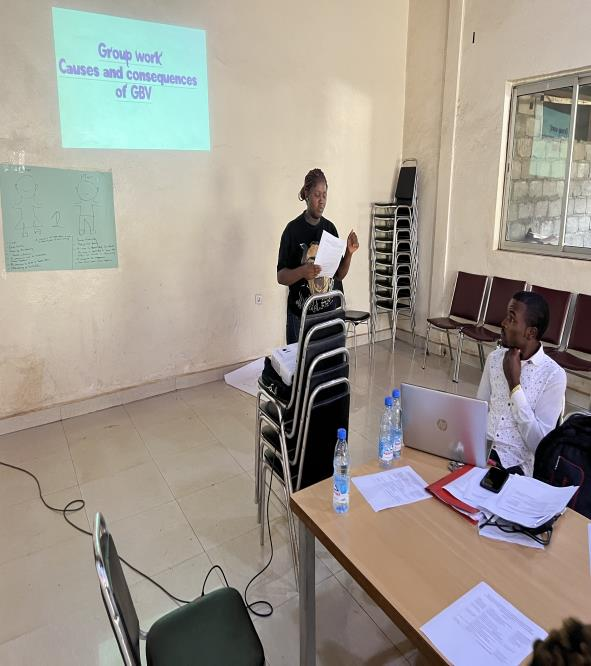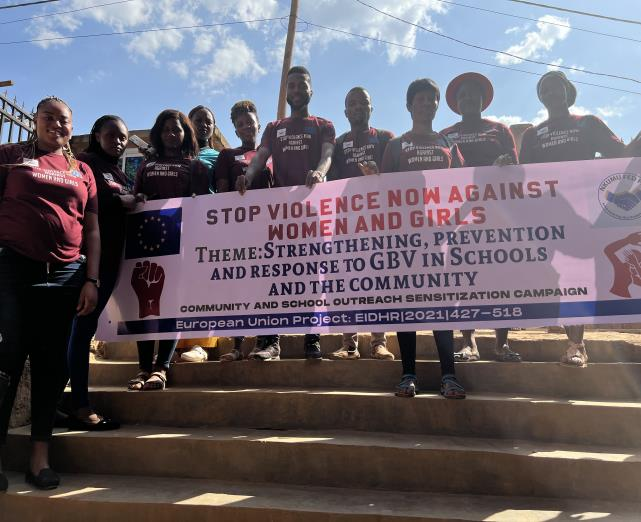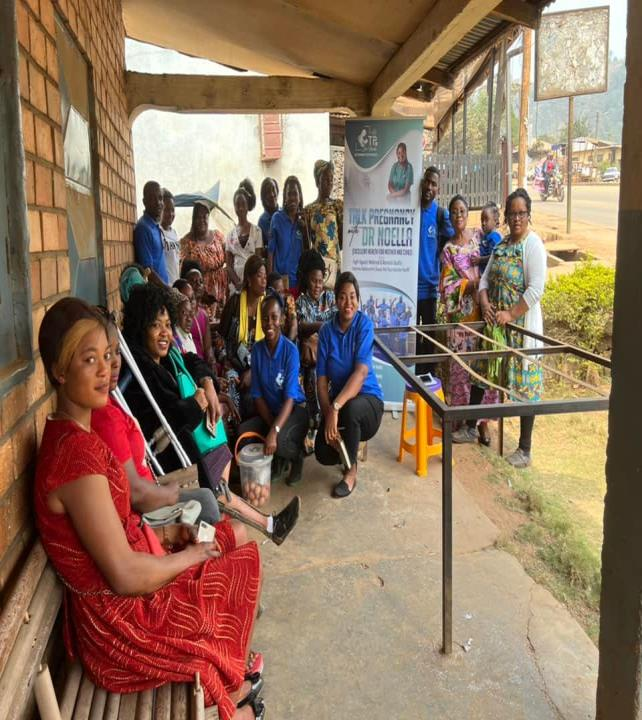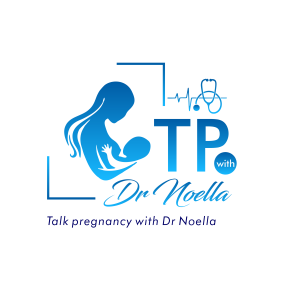STRENGTHENING PREVENTION AND RESPONSE TO GBV IN SCHOOLS AND
THE COMMUNITY UNDER THE EUROPEAN UNION – NKUMU FEDFED
PROJECT. (NOVEMBER 2022)
1.1. INTRODUCTION/BACKGROUND
According to the United Nations Population Fund (UNFPA 2021)(1), Gender-based violence is one of the world’s most prevalent human rights violations. WHO reports that 1 in 3 women experience GBV in their lifetime (2). In all, 56.4% of women in Cameroon have suffered emotional or sexual violence (3). This high number is due to the socio-political crisis affecting Cameroon’s Northwest and Southwest regions. Due to the conflicts, millions of women have become internally displaced, have lost their daily source of income, and, lastly, due to insecurity, they have become more vulnerable. More specifically, adolescents and youths are more vulnerable. Children often learn about gender from significant people around them, such as family members and preschool and school teachers. Teachers can influence young children (either explicitly or implicitly) via social modelling, the expression of their own attitudes towards gender, and direct teaching practices (4). Thus, the importance of the role of teachers in the fight against gbv. Thus, urgent intervention is needed to stop gender-based violence in our schools and community.
1.2. GOALS AND OBJECTIVES
1.2.1 PROJECT GOAL
Increase understanding and capacity to prevent, mitigate and respond to GBV in schools and in the community.
1.2.2. SPECIFIC OBJECTIVES
- To prevent GBV
- To provide and strengthen the clinical management of survivors
- To ensure proper follow-up of GBV survivors
- To strengthen reporting system and safeguarding.
1.2.3. TARGETED BENEFICIARIES
TARGET GROUP
NUMBER
Adolescent girls (below 18 ) 201
Young women (above 18) 10
Boys (above 18) 150
Men (above 18) 2
Persons Living with disabilities 0
Grand Total 363
2.0. METHODOLOGY AND APPROACH
1) Training and empowering of teachers and health personnel.
- Topic: Capacity building of some teachers and health personnel on the prevention and response to GBV under the European Union Nkumu FedFed Project in Mezam Division, NW Region.
- Pre-test and post–test given to evaluate the understanding of GBV.
- Various topics covered (see the program on training in the appendix)
2) School outreach campaign was done by trained teachers and health personnel under the European Union Nkumu FedFed Project. - Reached out to adolescent boys and girls in St Federick Comprehensive College Mankon on how to prevent themselves from all forms of GBV and also on the reporting systems, thus reinforcing the referral pathway.
3) Provision and strengthening of clinical management of GBV survivors.
-Provided medical support and follow-up of a Muslim teenager who was a victim of rape and who reported after 3 months after the incident, and she is 3 months pregnant.
2.1. RESULTS
-I empowered 12 volunteers (including teachers and health personnel) who have never received any training on GBV to become GBV actors in order to improve prevention and response to GBV in the NW Region of Cameroon, which is highly affected now by the crisis.
-Sensitized 350 adolescent boys and girls in forms 1 and 2 on how to protect themselves from GBV and improve on the reporting mechanism. These groups are considered because they are more vulnerable and can’t stand up for themselves than elderly students.
-Provided medical assistance and follow-up of a 14-year-old Muslim girl who was pregnant as a result of rape.
3.0. CHALLENGES - The training had so much to be learned in just one day.
- So many teachers didn’t participate.
3.1. RECOMMENDATIONS - increase the number of days for the workshop in order to give enough time to assimilate the information.
- Do more sensitization and involve more teachers.
REFERENCES
1) United Nations Population Fund (UNFPA 2021)
2) Violence against Women Prevalence Estimates, 2018. Global, regional and national prevalence estimates for intimate partner violence against women and global and regional prevalence estimates for non-partner sexual violence against women. WHO: Geneva, 2021.
3) Gender-based Violence: Beyond the Crises in Cameroon and Effects on Mental Well-Being.
4) United Nations Girls’ Education Initiative (UNGEI 2022).
PICTURES
